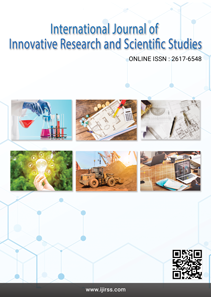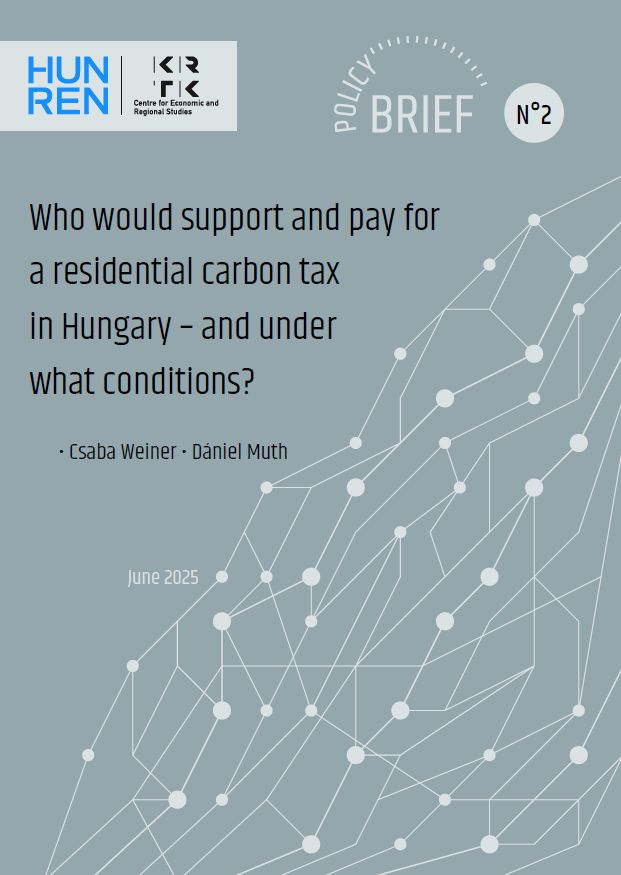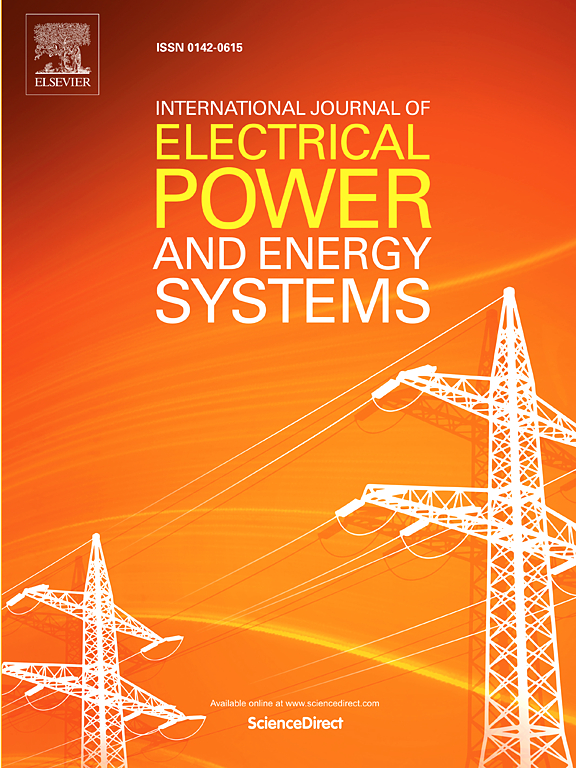4th Visegrad conference
HUN-REN Centre for Economic and Regional Studies, Institute of World Economics
Date: June 24, 2024
Venue: online (Zoom)
The fourth Visegrad conference concentrates on various actual areas of the role of the state in the four countries and Serbia. The papers presented will analyse among others the evehicle and ebattery industries, the role of the state in the energy sector and in helping companies in connection with the negative impacts of the Russia-Ukraine war and the manoeuvring room for economic policy. The Visegrad economies form a unique group of Central European countries, with numerous common elements of history, politics, geography, economics, business, science, arts and culture. These common elements have been shaped, influenced and modified by many external and internal factors over the history, including cooperation between these countries at many levels and spanning many centuries. Due to these numerous common characteristics, in the various areas of analysis, the four countries act as „natural” partners for each other. It is easier to understand, what is going on in the Central and Eastern part of Europe, if all four countries are analysed. This has induced the organisers to follow the pathway started three years ago and put other areas under the magnifying glass. This year the addition of Serbia to the group provides a further context against which developments in the four countries can be assessed.







